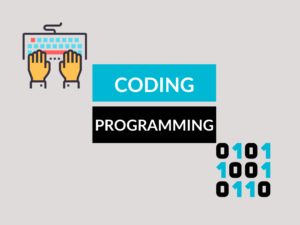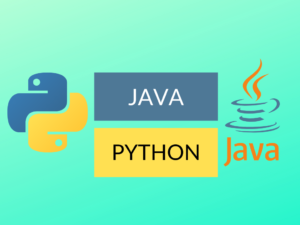What is the Difference Between C and C++?
Both C and C++ are programming languages used for software development. While they share similarities, they also have distinct features and purposes. This article aims to highlight the main differences between C and C++, enabling you to understand which language best fits your needs.
What is C?
C is a procedural programming language developed in the early 1970s by Dennis Ritchie. It is a widely-used language known for its efficiency and low-level programming capabilities. C is often used for system programming, embedded systems, and developing firmware.
Uses of C:
- Operating systems development
- Embedded systems programming
- Writing device drivers
- Compilers and interpreters
- Networking software
What is C++?
C++ is an extension of the C programming language and was developed in the 1980s by Bjarne Stroustrup. It is an object-oriented programming language that supports both procedural and object-oriented programming paradigms. C++ is widely used for developing various applications, especially those requiring high performance and complex functionality.
Uses of C++:
- Game development
- Graphical user interfaces (GUI)
- Database management systems
- Complex scientific simulations
- Artificial intelligence (AI) programming
Differences Between C and C++
| Difference Area | C | C++ |
|---|---|---|
| Programming Paradigm | Procedural | Procedural and Object-oriented |
| Memory Management | Manual | Automatic with features like constructors and destructors |
| Function Overloading | Not supported | Supported |
| Default Arguments | Not supported | Supported |
| Exception Handling | Not supported | Supported through try-catch blocks |
| Operator Overloading | Not supported | Supported |
| Namespaces | Not supported | Supported |
| Inline Functions | Not supported | Supported |
| Support for Polymorphism | No | Yes |
| Standard Template Library (STL) | Not included | Included |
Conclusion:
In conclusion, C and C++ differ significantly in terms of programming paradigm, memory management, default arguments, exception handling, and support for features like function and operator overloading, namespaces, inline functions, polymorphism, and the inclusion of the Standard Template Library. The choice between C and C++ depends on the specific requirements of your project, with C being ideal for low-level programming and system development, while C++ is more suitable for complex applications and object-oriented programming tasks.
People Also Ask:
Q: Can C code be compiled in C++?
A: Yes, C code can be compiled in C++ due to the backward compatibility of C++.
Q: Are C and C++ the same language?
A: No, C and C++ are distinct programming languages, with C++ being an extension of C.
Q: Which language is faster, C or C++?
A: Both C and C++ have similar execution speeds as they share the same underlying principles, but it depends on how the code is written and optimized.
Q: Can C code use C++ libraries?
A: Yes, C code can utilize C++ libraries by providing a proper interface to interact with the C++ code.
Q: Is C still popular?
A: Yes, C is still widely used in various domains due to its efficiency, speed, and availability of compilers across different platforms.



